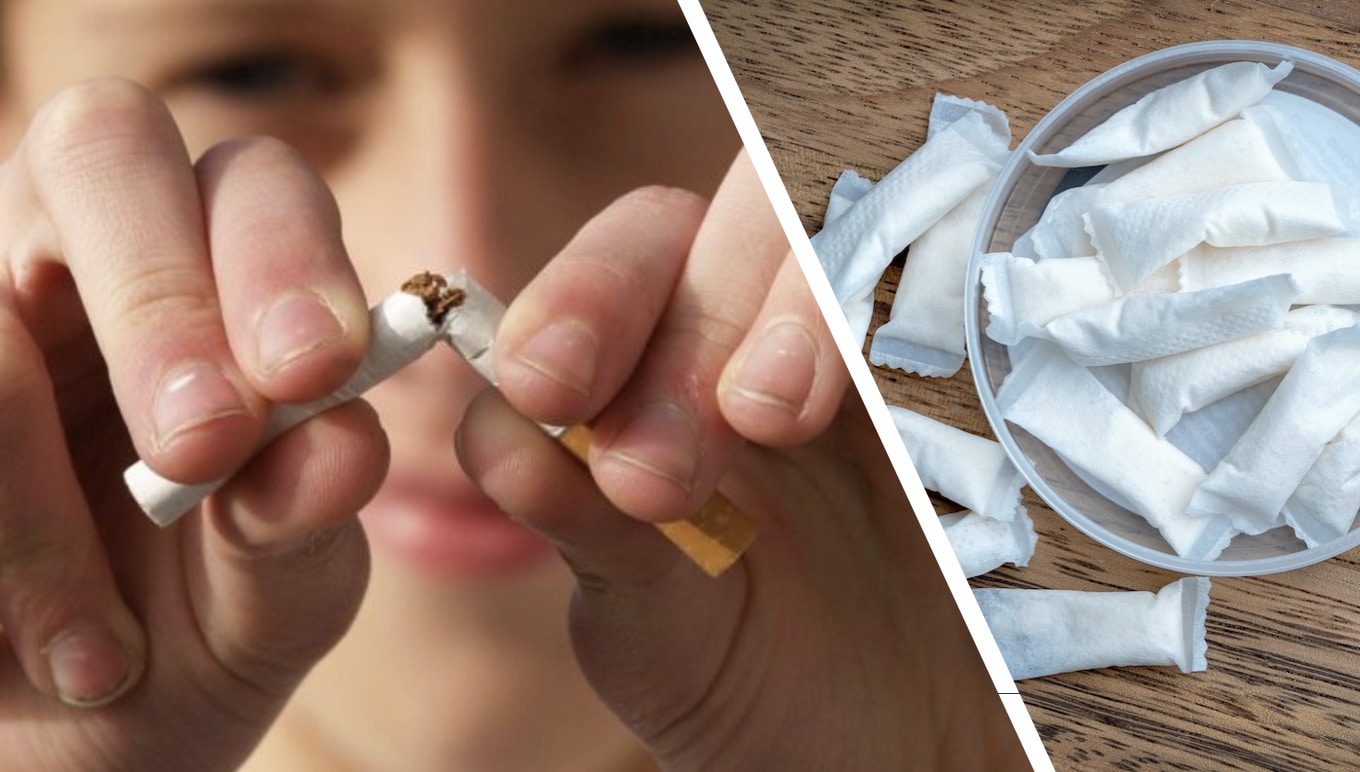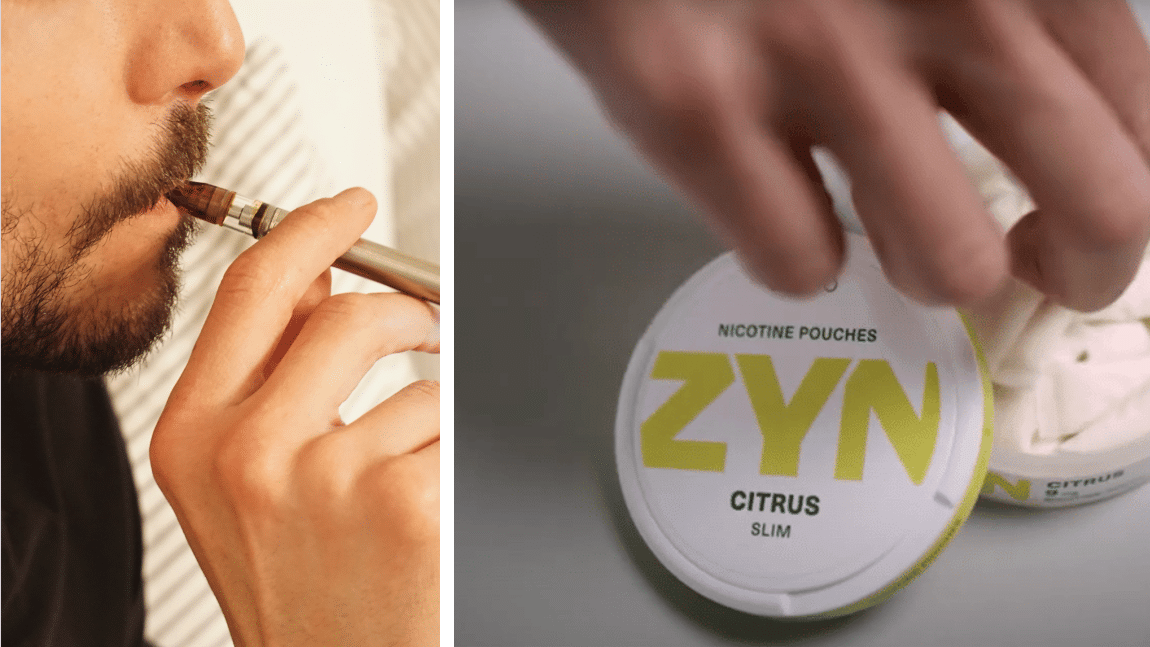
‘Misguided’ French fears following le snus TikTok trend
TikTok videos featuring young people using snus and nicotine pouches have sparked “misinformed scaremongering” in France based on false claims about the health risks of smokeless nicotine products. Fears based on misleading media coverage of the snus TikTok clips may end up costing lives, one expert warns.
Several French-language videos have appeared on TikTok in recent weeks showing young people placing small pouches between their gums and upper lip.
While most of the videos are tagged with #snus, the majority of the videos appear to feature tobacco-free nicotine pouches rather than tobacco-based Swedish snus, the sale of which is illegal in France.
The trend was accelerated further by a photo that circulated on several social media platforms featuring French footballer Marcus Thuram holding what appears to be a tin of a smokeless nicotine product, most likely tobacco-free nicotine pouches, which are currently unregulated in France.
Cliquez ici pour lire cet article en français
“A big part of the problem is that policymakers in France and many other EU countries have failed to keep pace with new nicotine products,” says Patrik Strömer, Secretary General of the Association of Swedish Snus Manufacturers.
“Nicotine products should be outlawed for anyone under 18 – there’s no debate about that. But a lack of attention breeds a lack of credible information, leading to widespread misunderstanding, and leaving a handful of attention-seeking TikTok users to set the agenda.”
Snus TikTok: Lots of views, little evidence
While the various French #snus TikTok clips have received hundreds of thousands of views, it remains unclear how widespread snus or nicotine pouch use actually is among young people in France.
Nevertheless, media outlets in France have been quick to publish articles portraying snus as “dangerous”, focusing on snus TikTok clips where users complain of feeling nauseous after using the product.
French broadcaster FranceInfo published a video featuring Loïc Josseran, head of the French anti-tobacco group Alliance Contre Le Tabac, falsely claiming that snus caused several types of cancers, contradicting a range of scientific studies that conclude there is no correlation between snus use and cancer.
He claims further that people who consume snus are “three times more likely to become smokers”.
False claims about le snus hazards
French addiction specialist Dr. Michaël Bazin made similar unfounded claims, telling the Midi Libre newspaper that one portion of snus was the equivalent of three cigarettes.
Strömer called such false claims “unfortunate”, and yet another sign that French health authorities and policymakers need to do their homework when it comes to nicotine.
“It’s sad and frustrating that anti-tobacco groups and so-called medical experts have fallen into this type of misinformed scaremongering about nicotine pouches and snus,” he says.
“Their claims are simply false. There is no evidence that snus or nicotine pouches cause cancer.”
While Strömer doesn’t deny that the average snus of nicotine pouch does contain more milligrams of nicotine per pouch than the average cigarette, the effects of each product are different because of how nicotine enters the body.
“Just because nicotine pouches may contain more nicotine doesn’t automatically mean the effects are greater or that they are more addictive than cigarettes,” he says.
“Nicotine from snus or pouches is absorbed through the gums and salivary glands rather than through the lungs, so the amount of nicotine needed to achieve an equivalent effect is different.”
‘Snus doesn’t kill, smoking does’
Strömer fears that the French “media-manufactured snus TikTok scandal” snus over the supposed dangers of snus may end up costing lives.
“If French authorities were serious about taking steps to improve public health, they should focus on restricting access to deadly cigarettes rather than whipping up baseless fears about products that have created two smoke-free generations in Sweden and Europe’s lowest tobacco-related mortality rates,” he says.
“Snus doesn’t kill. Smoking does. It’s that simple. And vilifying a product that has the potential to help millions of French smokers quit in favour of a far less-risky alternative could have severe consequences for French public health.”




